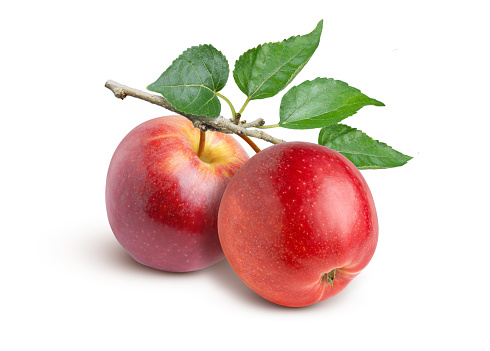
What makes an apple so good for us? Is it the vitamin C? Vitamin K or B6? Is it the soluble fiber or the insoluble fiber? Is it the potassium or the phytosterols?
Or is it the apple? What a concept.
Western science is obsessed with deconstructing food, researching and analyzing its component parts, isolating the "active ingredients," repackaging them in pills or powders and prescribing them in daily doses. But according to Annemarie Colbin, Ph.D., author of Food and Healing, this chemistry-based theory of nutrition is completely upside down.
Dr. Colbin, founder and CEO of the Natural Gourmet Institute for Health and Culinary Arts, has crafted her own nutrition theory based on more than 30 years of nutrition practice and teaching. She prefers to liken nutrition to systems theory, and believes that a whole food, like the human being consuming it, is complex and much greater than the sum of its parts.
"Whole foods," according to Dr. Colbin are those "foods that nature provides and all the edible parts." She limits them to foods that have one ingredient, such as plants, whole grains, beans, vegetables, fruits, nuts and seeds.
Animal foods are a little trickier to identify. Eggs are a whole food, but steaks are not unless you're eating the entire cow. She includes small fish if you eat the head and bones, and small birds like quail. Whole milk is included but low-fat dairy is not.
Why does eating the whole food matter?
Dr. Colbin's theory is that our bodies know the difference between a whole food and an aggregation of isolated nutrients. The human body has evolved over thousands of years to eat the food that nature presents to it and if that food has been split apart or "fragmented," the body knows and goes looking for the missing parts.
For example, Dr. Colbin suggest that if you eat fragmented wheat like white bread, where the bran and germ of the whole grain have been removed, your body will still be hungry and seek the missing part of the food, i.e., something with fiber or crunch. Likewise, health nuts who devour wheat germ or wheat bran in isolation will also feel something is missing and may find themselves craving refined flour in the form of cake at night.
Whole foods help control cravings
When we eat only part of a food that has been "fragmented," i.e., broken down into its component parts, our bodies know and want what's missing. This can set us up for cravings according to Dr. Colbin.
Are your supplements whole food? Numerous university studies have concluded that supplements containing food nutrients are better than USP isolates. Food nutrients are better because they contain important enzymes, peptides, and phytonutrients CRITICAL to the UTILIZATION of vitamins and minerals which are not present in isolated USP nutrients. Published research has concluded that food vitamins are superior synthetic/USP vitamins.
Dr. J